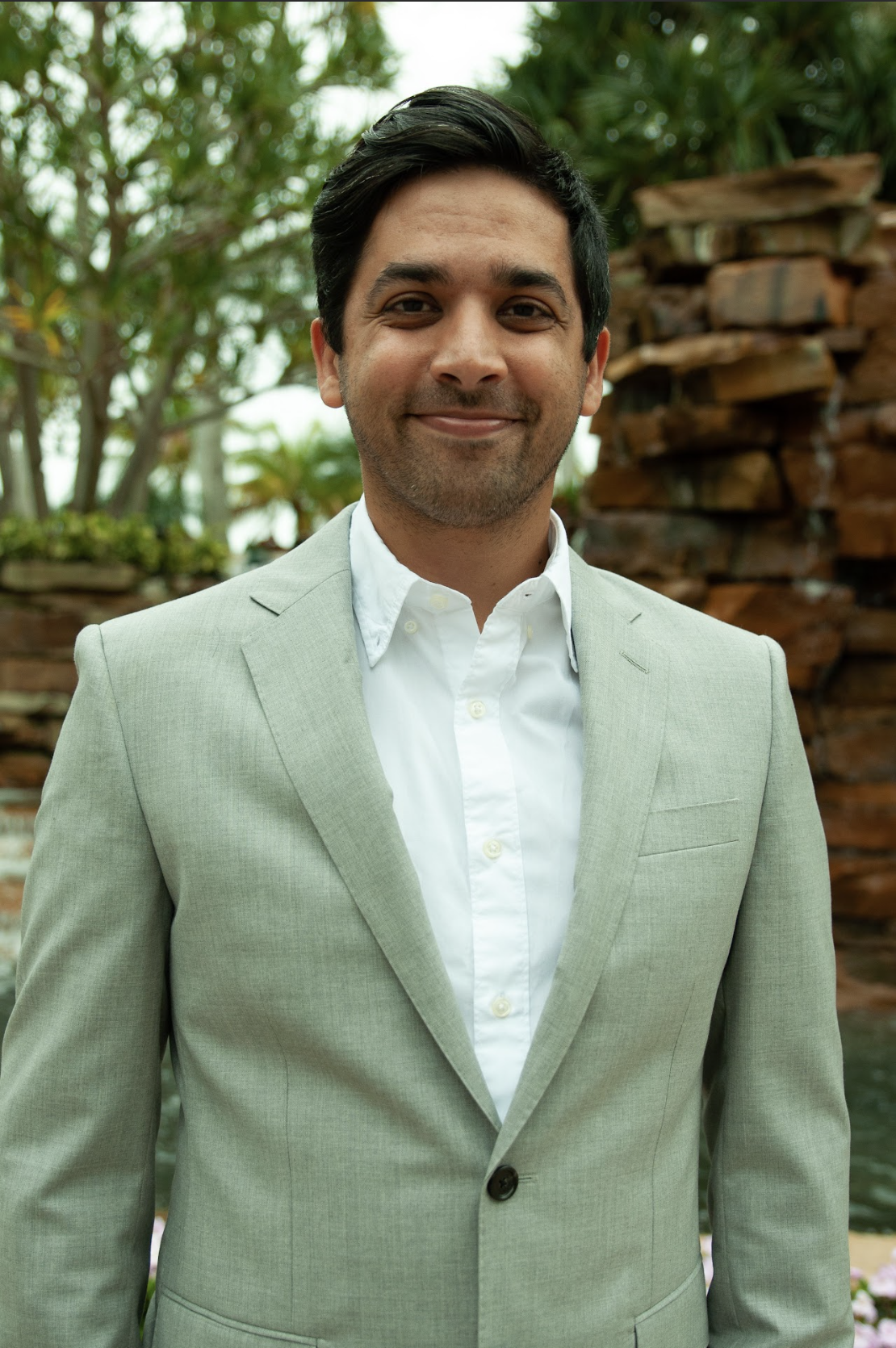Many departments at DePauw are busy at work with the beginning of the new academic year, but the Neuroscience Department recently added a new member to their plethora of esteemed faculty: Dr. Nipun Chopra ‘06, Assistant Professor of Psychology and Neuroscience. Chopra runs an active research lab at DePauw, one that focuses heavily on neuroscience. In an interview with Dr. Chopra, he explained various topics including his recent departmental transition, as well as his unique research here at DePauw.
Dr. Chopra graduated from DePauw in 2006, subsequently attending Indiana University School of Medicine to attain his Ph.D. with a focus on Medical Neuroscience. His research involves the identification of key microRNA (tiny strands of RNA that regulate proteins involved in brain diseases). However, Dr. Chopra was not always a Neuroscience professor, having recently transitioned from the Biology to the Neuroscience department. When asked about the biggest change between departments, he said, “The students I am working with now are less biology-focused, and more behavioral neuroscience-focused. It’s a fun challenge for me because it refocuses me to discuss the same diseases and processes, but at a systems level.”
Dr. Chopra runs a biology/molecular biology research lab with a focus on neurodegenerative diseases and proteins. While his cellular neuroscience lab work has not changed, he has added to the opportunities in his laboratory with two new projects. Firstly, Chopra serves as chief scientific officer of Movement Interactive, and is bringing some of that research into his laboratory at DePauw University. Currently, his lab is conducting a new study with the DePauw Women’s Soccer team to help improve the detection of head impacts in athletes. A third project in his laboratory is the development of a mobile app that assists in maintaining brain health in elderly South Asian-Americans. It will utilize cognitive-based games that attempt to delay the onset of dementia and other neurodegenerative diseases.
Finally, when asked how he would advertise the neuroscience department to students at DePauw, he said, “The department is unique as it is a central node in the venn diagram connecting biology, psychology, kinesiology and biochemistry. If you’re a student interested in understanding how the brain works and sometimes why it doesn't necessarily work, the neuroscience department would be a great fit for you.”
Relating to research and post-undergraduate plans, Dr. Chopra also referenced trends of various high-level institutions pursuing and obtaining large funding opportunities from the National Institute of Health in the field of Neuroscience (along with disciplines such as cancer and cardiovascular health). Thus, he suggested that students interested in research for any aspect of medicine including M.D., Ph.D., and undergraduate research programs would find great value in majoring in the Neuroscience department.

